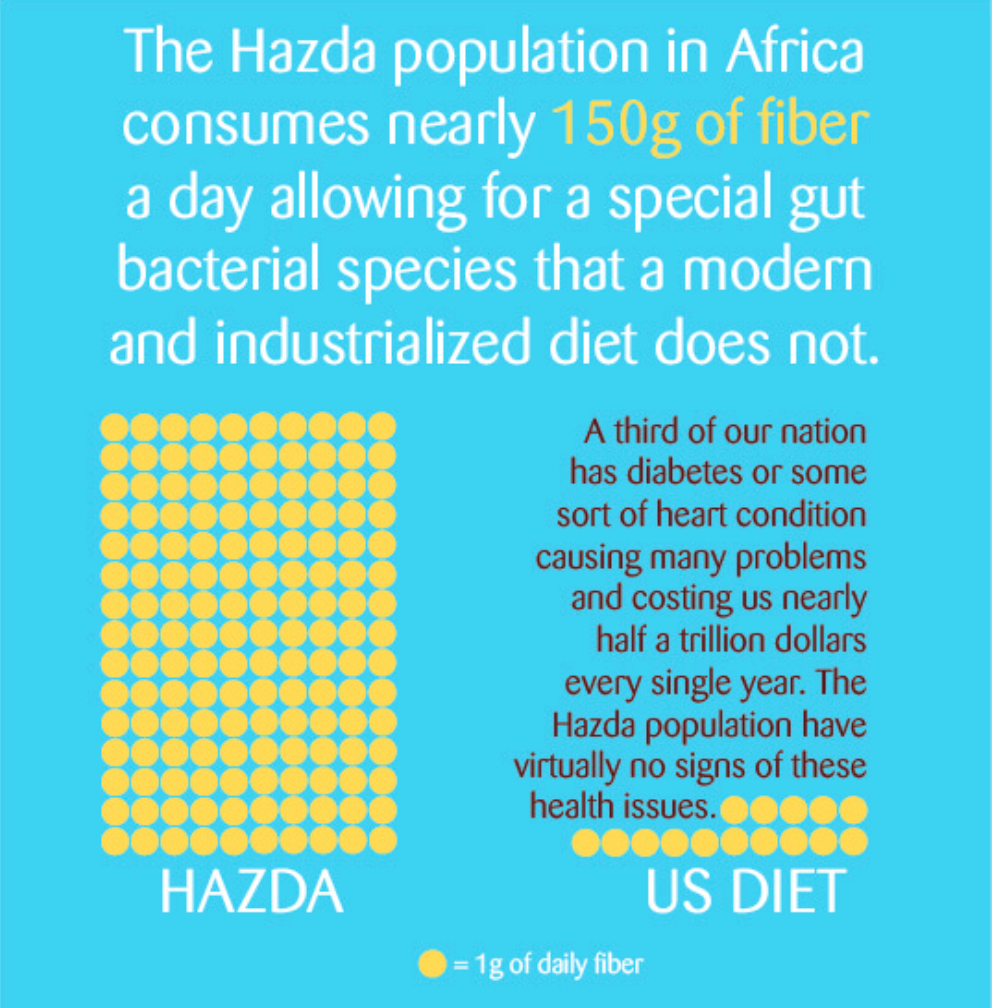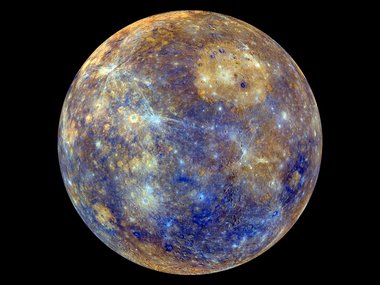Question Your World: Are There Health Benefits to the Hunter-Gatherer Diet?
Health problems continue to be a major issue for the human species. Every year hundreds of millions of people are diagnosed with conditions that either impact their quality of life or lead to more grim situations. Our health is easily the most important aspect of our lives and any new research on this topic is very closely studied, scrutinized, and distributed for public awareness. So when a remarkable find in the medical community happens, we take it upon ourselves to let you know! Scientist have been taking a close look at the diet of hunter-gatherer populations in Africa and noticing that they have a significantly healthier gut bacteria landscape, which gives them a huge health advantage over the western world. So, let's dig in by asking today's big question: Are there health benefits to the hunter-gatherer diet?
Over a third of the nation is currently diagnosed with either diabetes or various heart conditions, causing a lot of issues with quality of life and also costing nearly half a trillion dollars annually. Meanwhile the Hazda people, an indigenous tribe in Tanzania, were recently examined and showed virtually no signs of diabetes or heart disease.
Why are these two groups so different? The African indigenous hunter-gatherer versus our westernized world - what are the major differences that cause so many health contrasts? Simply put, this is a tale of two diets.
The Hazda people carry a species of gut bacteria that we western industrialized eaters just don’t have. For a moment, consider the hunter-gatherer diet. They live and subsequently eat in rhythm with the natural world. The dry season provides meaty options while the wet season provides fruits and berries. Which all ends up being a lot of fiber, nearly ten times that of our diet. The Hazda consume up to 150g of fiber a day, while we get about 15g. Starving our gut microbiome of fiber is basically killing off this species that is abundant in the Hazda’s very fiber-heavy diet. In addition, the study remarkably shows that, in the wet season, these fiber-heavy foods allow that species of bacteria to thrive, showing a seasonal pattern to gut bacterial levels. Again, this is a side effect of living and eating with the flow of nature, as opposed to our daily regular access to literally any food at any time.

So can we transplant those bacteria into us? Sure, but if we don’t provide it that fiber-heavy diet, then it would just die off again. This species of bacteria requires having the rough and complex physical structures that only fiber can provide. The medical conclusion has been reached, the data has been observed, and the work has been published, now scientists can ask the next question, what's in the fiber-heavy foods that allows for this special gut bacteria species? Regardless, this study has medical and diet-related thinkers getting pretty excited about the new information collected from the field.
Further evidence that our relationship to the food we eat is so very important. From health benefits to enhanced temperament and beyond, our diet is so vital to our quality of life. It’s certainly some good food for thought.


